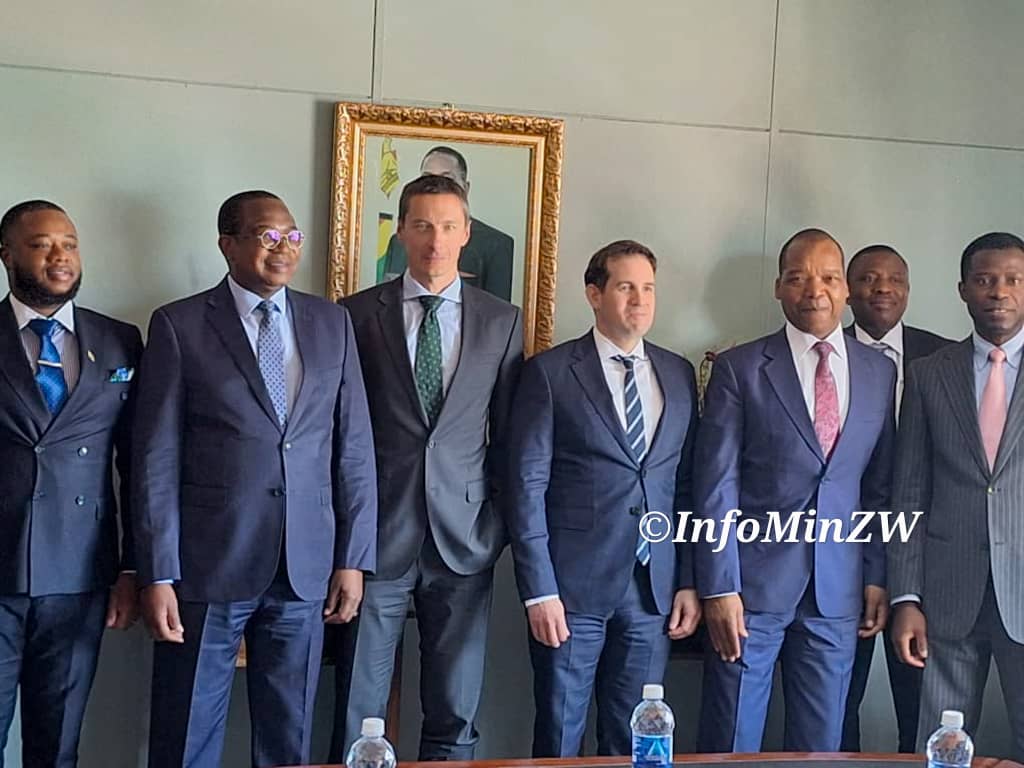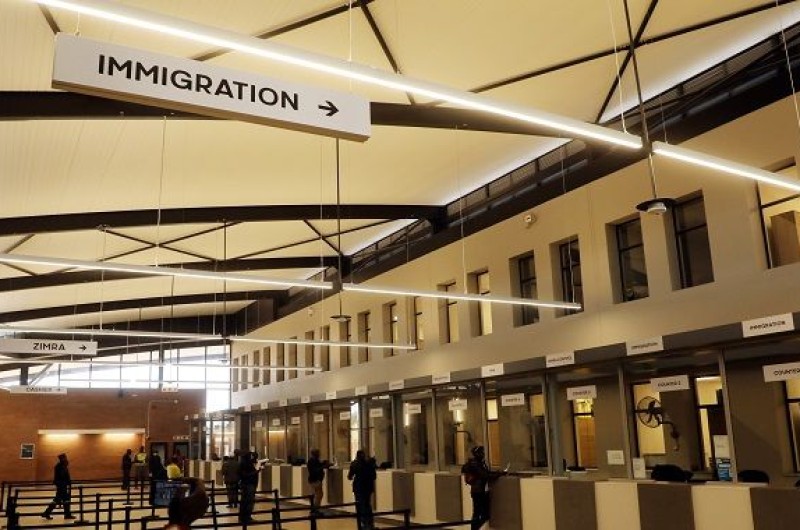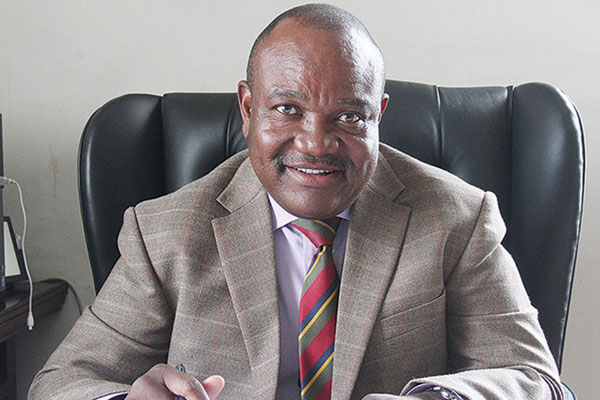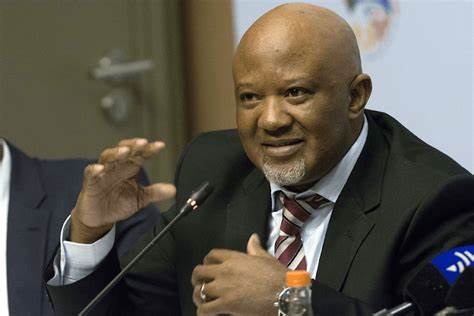HARARE – The International Monetary Fund (IMF) has urged Zimbabwean authorities to fully liberalise the country’s exchange rate, warning that currency depreciation and attendant distortions could spell doom for the nation’s economic growth prospects.
The IMF team had been in the country working on a new Staff Monitored Programme to support Zimbabwe’s economic stabilisation efforts.
Addressing journalists at the conclusion of the fund’s visit, head of the mission, Wojciech Maliszeski said exchange rate distortions would impact future growth in a country that has suffered economic turbulence for years.
“We are concerned about the exchange rate depreciation since December which was quite rapid which then led to an increase in Zimbabwe dollar prices.
“It’s not only that the exchange rate is unstable but there are some restrictions.
“There are some incentives for the formal sector to move to informality. There is a 10 percent cap on the pricing in relation to the official exchange rate.
“This affects the tax base and future growth. This is one of the policies that we discussed,” he said.
The IMF team also recommended Zimbabwe should remove existing exchange restrictions and distortions.
“It’s not only that the exchange rate is unstable but there are some restrictions.
“There are some incentives for the formal sector to move to informality. This affects the tax base and future growth. This is one of the policies that we discussed.
“We still expect that the domestic part of the economy (trade, services, construction) will remain resilient because the big part of the economy is cushioned from the instability with resilience,” he said.
Zimbabwe has been operating with multiple exchange rates that continue to cause currency distortions.
Speaking at the same occasion, Finance Minister Mthuli Ncube said treasury agreed with the IMF that the country’s exchange rate must be market driven.
“We have agreed that our exchange rate must be more reflective of market conditions, we must remove any impediments that come in the way of a fairly determined exchange rate.
“As a government, we are encouraged by some of the observations of the IMF but also agree with them on the areas that we should look at,” he said.
Currently, the Zimbabwean dollar is trading at $11,000 per USD while on the parallel market, it is trading at $17,000.
















